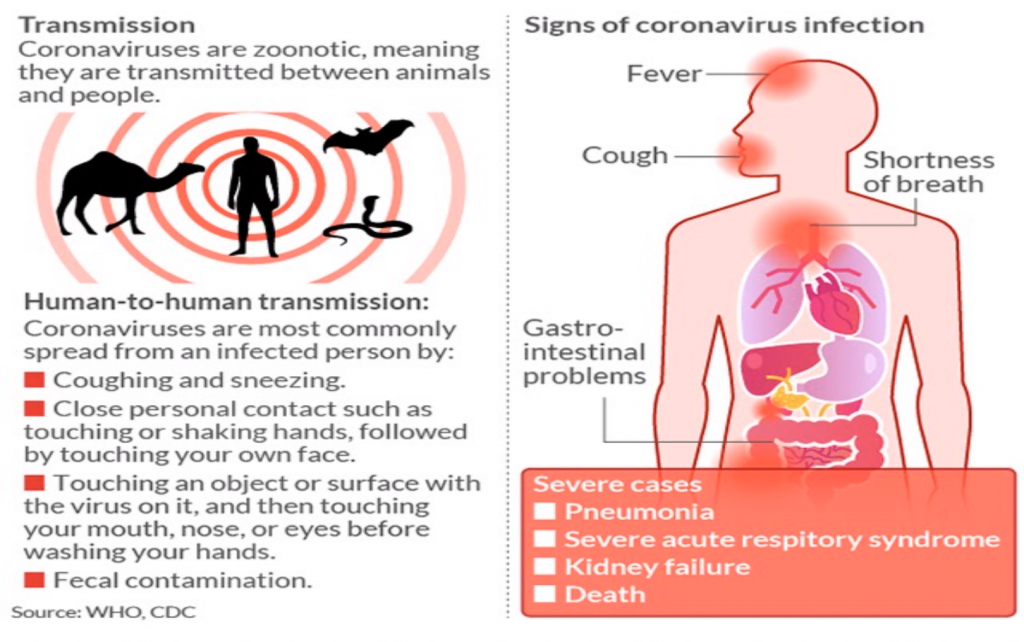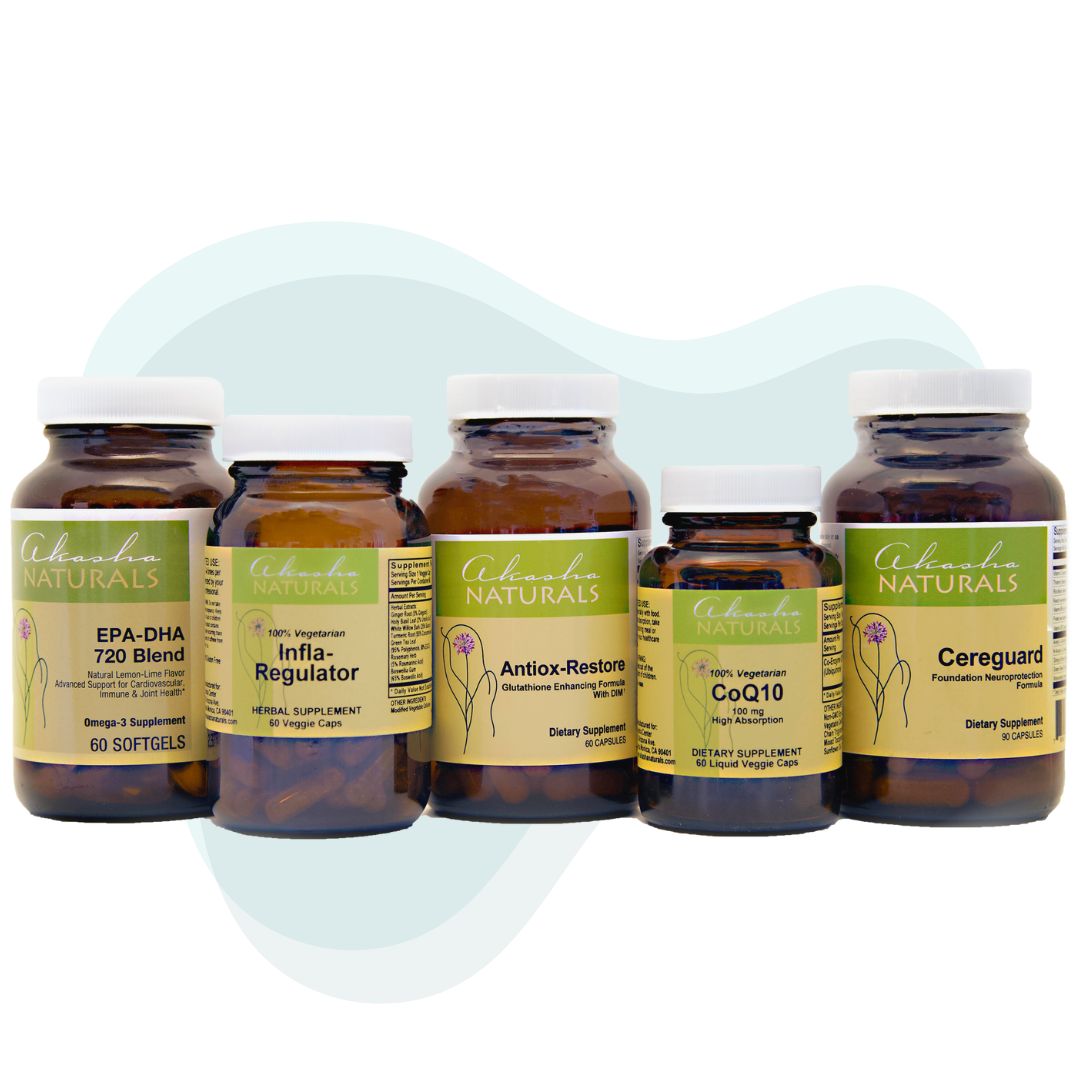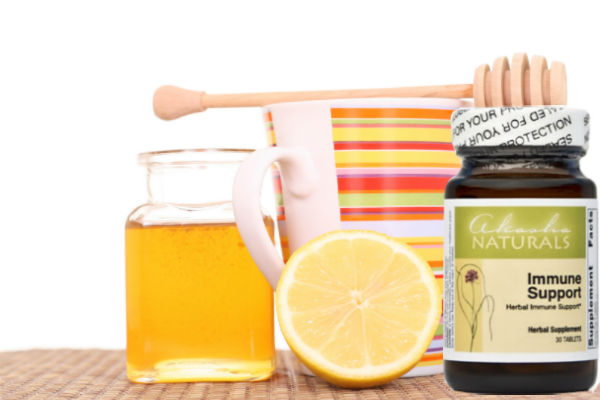How do I know if I am infected with Covid-19 (Coronavirus disease, 2019)? Signs include:
- Significant breathing difficulty or shortness of breath (more pronounced than if a simple cold or flu or anxiety)
- Persistent pain or pressure in the chest
- Confusion or struggle with ambulatory movement
Bluish lips or face
Are Kids Immune to the Virus? Children can develop COVID-19. However, the symptoms tend to be milder (as fever, runny nose, and cough). Children with underlying health conditions are at increased risk for severe illness.
Will the Upcoming Warm Weather and Heat Diminish the Outbreak? Viruses spread more when the weather is colder. But it is still possible to get sick during warmer months. At this time, we know that the virus is killed at temperatures of 56 degrees celsius, but it’s still unknown if the spread will decrease when the weather warms up.
- Keep your body warm
- Drink hot tea or warm water with lemon whenever possible, avoid cold drinks
- Keep your body dry
- Using an infrared or regular non-public sauna, if you have one available, may be helpful
How Vital is Hydration? VERY. Your immune system needs water to operate more efficiently.
Is it Possible to Catch it From Food Handlers?
Although it’s not clear if an infected person can spread it through the food they handle or prepare, if so, it would more likely be an exception than the rule.
We currently cannot rule out the possibility of the infection being transmitted through food handled by an infected person who has not thoroughly washed their hands. But in the case of hot food, the virus would likely be killed by cooking. This may not be the case with uncooked foods like salads or sandwiches.
Masks? Do They Work? A face mask is not a guarantee that you won’t get sick – viruses can also transmit through the eyes, and tiny viral particles, known as aerosols, can penetrate masks. But research has shown that masks are effective at capturing droplets, the main route of transmission.
When to Wear a Face Mask:
- If you’re in close contact with someone infected, a cover cuts the chance of it being passed on.
- If you’re showing symptoms or have been diagnosed, wearing a mask can also protect others.
- Masks are crucial for the health care workers and as well as for family members caring for someone who is ill.
Please Note: At this point in the epidemic, masks will likely make little difference if walking around town or taking a bus. As such, there is no need to bulk-buy a vast supply, especially given the current shortage.

Current Facts: Researchers at Princeton, UCLA, and The National Institute of Health (NIH) have concluded that the virus can remain airborne for “up to 3 hours post aerosolization“, making airborne transmission “possible.” Here’s what we know so far:
- COVID-19 has been detectable in the air for up to 3 hours
- Up to 4 hours on copper
- Up to 24 hours on cardboard
- Up to 2 to 3 days on plastic and stainless steel, although the virus may not be viable and not able to infect people, more studies are underway.
- Coronaviruses, in general, can remain viable in cold, moist surfaces for up to nine days. Given this virus seems to behave differently than others, to be safe, avoid sharing a bathroom with someone who’s ill.
Do Higher Temps kill the Virus? Will COVID-19 Die Down in Summer? Based on previous coronavirus outbreaks, higher temperatures are likely to degrade Covid-19. But this coronavirus is from a different family of viruses than past outbreaks of flu and is more contagious. That is why epidemiologists think it may not necessarily go away as warmer temperatures arrive.
A recent study uploaded to the research site SSRN reported that 90% of the transmissions so far have occurred within a temperature of 37 to 63 degrees F or 3 to 17C and high humidity. But outside this zone, the virus is still spreading, but more slowly, according to the study by the Massachusetts Institute of Technology (MIT). Several additional studies on the growth pattern of Covid-19 have shown the same: Warm temperature and humidity negatively influence viral growth. While these studies have not yet been peer-reviewed, they have presented the possibility that the pandemic could ease in parts of the world in the summer but could come back in the fall. If that is true, we will at least have the opportunity to be better prepared.
Does Sunlight Kill it? Sunlight cuts the coronavirus’s ability to grow in half. Although research is needed to assess how ultraviolet C or UVC affects Covid-19 specifically, other coronaviruses, such as SARS, have been shown to be sensitive to it. UVC wavelength has been used for disinfecting water, sterilizing surfaces, destroying harmful microorganisms in food products, and air. Its radiation disrupts the virus’s genetic material, preventing it from making more copies of themselves.
Are Men More Likely to be Affected? Because estrogen may have a protective effect against Covid-19, men tend to be more affected than women, and their symptoms more severe. When scientists block estrogen production in animals, they become more susceptible to coronaviruses and develop worse symptoms. In Italy, only 25.8% with severe disease are women.
Is Having Covid-19 a Death Sentence? No, it is not. Current data for Italy, China, South Korea, and now the U.S has shown that about 81% of people have mild cases. According to a study published on Feb 18th, 2020 by the Chinese CDC:
About 13.8% report severe illness (shortness of breath, or need supplemental oxygen), About 4.7% are critical (respiratory failure, multi-organ failure, or septic shock).
In Italy, the average age of those who have died is 80.3 years old. Italy also has the oldest
population in Europe. Data has shown that 2.3% die from the virus.
People older than 70 and all those with underlying health problems are at increased risk of severe complications.
Do Pets Spread it? Should I have contact with my pet if I have coronavirus disease? The CDC recommends that another person should care for your animals while you’re sick and to avoid petting, snuggling, being kissed or licked, and sharing food. If you can’t find care for your pet, wash your hands before and after you interact with pets and wear a facemask. Data from the 2005 SARS (South China Morning Post) epidemic showed that cats and dogs did not become sick or transmit the virus to humans.
How can I Care for a Family Member with the Coronavirus Disease at Home? Avoid sharing personal items and, If available, provide the sick person with disposable face masks to help prevent spreading COVID-19 to others.
Is it Safe to Receive Packages from Anywhere, Especially China?
Respiratory droplets are the most common route of transmission. There’s currently no evidence of communication associated with imported goods. According to the CDC, it is safe to receive
packages from China or anywhere since coronaviruses don’t survive long on letters and packages. As per The Journal of Hospital Infection, the surface in packaging makes it more challenging for the virus to survive because for a virus to remain viable, it needs specific environmental conditions, such as temperature, lack of UV exposure and humidity; all of which are absent in shipping packages for the most part.
Gut Health and Covid-19:
Gut health is a vital component of immunity to diseases. In addition to people with pre-existing lung disease, diabetes, heart disease, and others, people with G.I issues, like, IBS and SIBO, among others, may have increased susceptibility to Covid 19. Here’s what you can do to stay healthy:
1. Eat a healthy diet.
2. Avoid sugary foods – the virus, like most of us, loves sugar.
3. Stay well-hydrated. Drink 8 to 10 glasses of water per day.
4. Take probiotics (Flora Plus)
5. Take a digestive enzyme (Digestazyme)
6. Get eight hours of sleep each night. (Muscle PM and Sleep EZ)
7. Stir-fry or steam your veggies (keep the body warm and facilitate digestion)
8. Take Vitamin D 5000.
9. Take N-acetylcysteine (NAC) and a methylated B-complex (Methylation Support)
10. Do indoor exercises, such as yoga, weight lifting, and meditation.
Mental Health: Physical Distancing instead of Social Distancing
How do I keep my anxiety low during this scary time?
Maintain physical distancing without social isolation. Humans are social beings. We need “society” to feel connected, productive, and cared for. When was the last time you wrote a paper letter to someone? Called a friend with whom you have not maintained
contact—coordinated a face-time spring cleaning with your best friend or neighbor?
Avoid reading non-scientific sources. Rely on science, not speculation and fear. Best science-based sources: ECDC (European Union CDC); WHO, Our World in Data, and CDC.
Take advantage of the magic of the Vagus Nerve: It connects the gut, heart, brain, and lungs, and it sends signals to the immune system to help fight off pathogens. Stay calm & enhance immunity by practicing vagus nerve exercises: deep breathing, laughing, smiling, and singing.
Sing along with your favorite tune: Singing gets the vagus nerve going and lowers anxiety while also improving both your GI and lung function.
Be Grounded. Garden if you can, go for a walk or bike ride while maintaining physical distancing. Walk barefoot in your garden.
Practice meditation, gratitude, and connect virtually with a supportive community. Avoid negativity or negative people. Instead, listen to uplifting messages of hope in times of crisis, such as this video about fear by Eckhart Tolle.
Combating the Virus:
Contrary to internet rumor, there is currently no proven prevention of the virus, other than hygiene and physical distancing. However, as with any illness. Enhancing your immune system will allow you to recover from it better than not. Here’s a list of supplements and other steps you can take to optimize your immune system:
1. Vitamin D: A recent Italian article confirmed that the fat-soluble Vit D, the sunshine vitamin which is essential to the functioning of the immune system can help fight Covid-19. It enhances the pathogen fighting effects of monocytes and macrophages – vital cells of the immune’s defense that decrease inflammation and increase immune response. Vit D may help protect the respiratory system, which is attacked by the virus. I recommended taking 5,000mg a day for adults and children age 13 and
above during the epidemic. Children below 13 should receive 2,000mg a day. (children/news) (Italian Vitamin D Study)
2. Throat Support: Given that the virus is transmitted via droplets, I recommend keeping your nasal cavities and throat protected. Gargle and spit with medically reserved herbs and essential oils. Use one full dropper in the AM and PM.
3. Oils:
A. Eucalyptus Oil: Studies have suggested that some essential oils may help
fight flu viruses, although more research is necessary. Ingredients in some
essential oils have shown some antiviral activity. For the nasal cavity protection, I recommend using Eucalyptus oil. Place a drop onto a cotton tip and gently coat the inside of your nose. DO NOT insert the cotton tip past the entrance of your nasal cavity as not to cause any damage. Alternatively, you can place a drop on your finger and coat the inside your nose. Wash your hands with soap before and after. tandfonline.com
B. Tea Tree Oil: may also have antiviral properties if a person incorporates it into air filtering systems, some scientists suggest.
4. Zinc: Essential for cell growth and division, enzyme reactions, DNA synthesis, and protein production, zinc is critical for the development and function of immune cells. (ncbi.gov)
5. N-Acetyl Cysteine (NAC): Current studies suggest that regular NAC is helpful for individuals with bronchitis and emphysema. Regular use of NAC may help prevent the flu, possibly by stimulating immunity. Akasha Naturals Methylation Support has combined Methylated B complex with NAC for enhanced Immune action. (Journal of Science)(excelahealth.com)
6. Vitamin C: Plays a role in reducing the inflammatory response and preventing the common cold. A few studies have shown that Vitamin C deficiency is related to the increased risk and severity of influenza infections. Take 2,000 -3,000 mg a day in 2-3 divided doses with food to prevent increased acid. (cell immunology)
7. See other recommendations at the end of this article: Immune Support, Activity immunity, and Antiox Restore combine a proprietary blend of Ayurveda and Asian herbs designed to support the immune system when challenged with inflammation, such as cold and flu symptoms.
Related Links:
- Public health expert: The pandemic is here
- Pregnancy and Coronavirus (COVID-19)
- Can Ibuprofen Worsen COVID-19? An Expert Offers the Truth.
- COVID-19: How the Virus Affects Children and Those Around Them
- Cancer and COVID-19: What You Should Know
- Coping with Coronavirus Fears and Anxiety
- Handwashing vs. Hand Sanitizer – What’s the difference?
Educational Video:
Recommended Supplements to Keep Your Immune System Strong
Vitamin D: “Take 5000 mg a day, double it for 5 days if you’re feeling sick.”
Akasha Naturals Vitamin D features 5000 IU of vitamin D3 – the most
bioavailable form of vitamin D.
Immune Support: “Take 2 to 3 x a day if having cold symptoms. Otherwise, for prevention, take 1.” Combines a proprietary blend of Ayurveda and Asian herbs. It is designed to support the immune system when challenged with inflammation, such as cold and flu symptoms.
Antiox Restore: “Contains Tumeric, 2 tablets a day”
The importance of adequate antioxidant protection in the body should not be underestimated. Overexposure to oxidative stress can lead to chronic inflammation, which is the catalyst for many degenerative diseases.
Throat Formula: “Gargle (use one full dropper) in the AM and PM. Spit it out after gargling.” Designed to reduce and soothe symptoms of cold and flu while strengthening the bodies immunity response. Throat support is a blend of tonifying and demulcent herbs.
Active Immunity: “Every Day, Twice a Day.” Strengthens the immune system by minimizing the inflammatory and oxidative damage caused by an array of viral and bacterial infections, including upper respiratory ones, that we are exposed to daily.
Power Zinc: “10 mg a day with food (to prevent nausea).” Zinc is mineral which provides antioxidant protection and is essential to many aspects of human health. The availability of this nutrient is especially crucial for immune function due to its role in the production of Natural Killer and White Blood cells.
Methylation Support: “Methylated (more bioavailable) B complex vitamins with NAC, strengthens your immune system against the virus.”
Features calcium L-5-methyltetrahydrofolate— an easy to metabolize, nature identical folate, along with N-Acetyl-L-Cysteine, vitamins B6 and methylated B12, and betaine HCl.
About the Author
Edison de Mello, MD, Ph.D., is a board-certified Integrative Physician by the American Board of Integrative Medicine and a licensed psychotherapist by the California Board of Behavioral Sciences. He practiced psychotherapy for 13 years before entering medical training and now practices and teaches evidenced-based integrative medicine. He is the founder of the Akasha Center For Integrative Medicine and Akasha Naturals.










